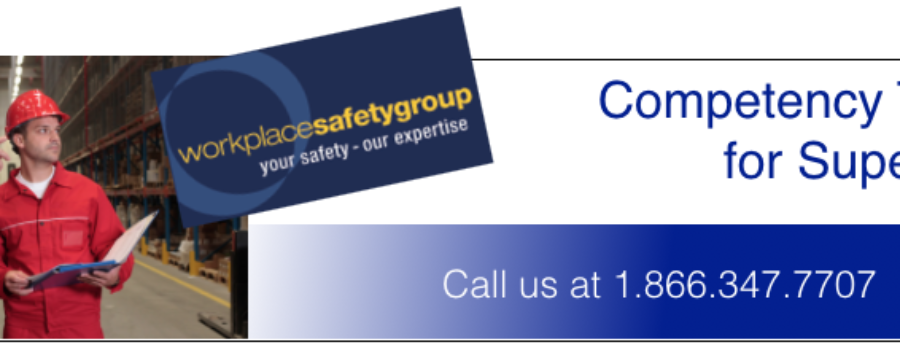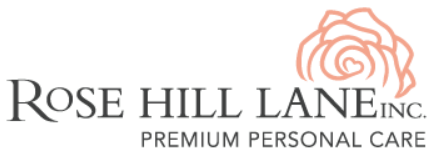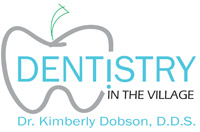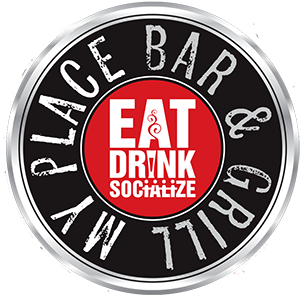In light of the ongoing COVID-19 crisis, Workplace Safety Group has created health and safety policy for contagion with a companion assessment tool for businesses to use.
The COVID-19 virus is an unprecedented event. It is critical to emphasize the importance for all workers to remain focused on tasks, to prevent any incidents or accidents from occurring during this time of uncertainty and personal stress.
HOW DOES COVID-19 SPREAD?
- Breathing in droplets in the air, created when people cough, sneeze or speak to each other at close distance;
- Close personal contact with other people, e.g. shaking hands or hugging;
- Touching contaminated surfaces and then touching the face, mouth or eyes;
- Sharing food, drinks, utensils, tools, instruments etc.
KEY PREVENTION STEPS
- No more than 5 people in the same space;
- Practice physical distancing by staying 6 feet apart at all times;
- Where physical distancing isn’t possible, e.g. getting help lifting a box or installing material in close proximity to coworkers, workers must wear N-95 masks or half mask respirators;
- Where required – post signage;
- Limit workers in an elevator;
- Reduce in-person meetings or group meetings and hold site meetings outside, in open air spaces or virtually;
- Increase number of hand washing facilities;
- Maintain a list of essential personnel on site and update the list daily;
- All common areas and surfaces must be cleaned frequently or at a minimum at the end of each day. Examples include washrooms, hand washing stations, offices, desks, light switches and door handles;
- Anyone with COVID-19 like symptoms, including sore throat, fever, sneezing, coughing, MUST self- isolate at home for 14 days.
HYGIENE PRACTICES
- Wash hands with soap and water for 20 seconds, before eating, at the end of the workday, during the work shift whenever possible, and when you get home.
- Ensure hands have been washed with soap and water (preferable) or disinfected with hand sanitizer as soon as possible after glove use.
- Do not shake hands; avoid all physical contact.
- Do not share food, drinks, cigarettes, personal hands tools and materials.
- Avoid sharing tools and equipment whenever possible.
- Avoid touching face, eyes, nose, mouth with unwashed hands, i.e. smoking, drinking, eating, etc.
- Follow good respiratory etiquette; cover mouth and nose with a disposable tissue or crease of the elbow when sneezing or coughing.
- Regularly clean and disinfect frequently touched surfaces and tools, washrooms, hand washing stations, offices, desks, light switches and door handles.
- Avoid passing on stairs; wait on the landing until the person has exited stairs; if possible designate one set of stairs for ascending and one set for descending.
Click here to read the full Assessment Tool (PDF)
About Workplace Safety Group
Workplace Safety Group has provided safety training and consulting to individuals and businesses across Southern Ontario and the Niagara Region for many years. Our commitment to quality at all levels gives our customers peace of mind that their teams are well trained to manage safety at work.
 Back to myNiagaraOnline
Back to myNiagaraOnline
































